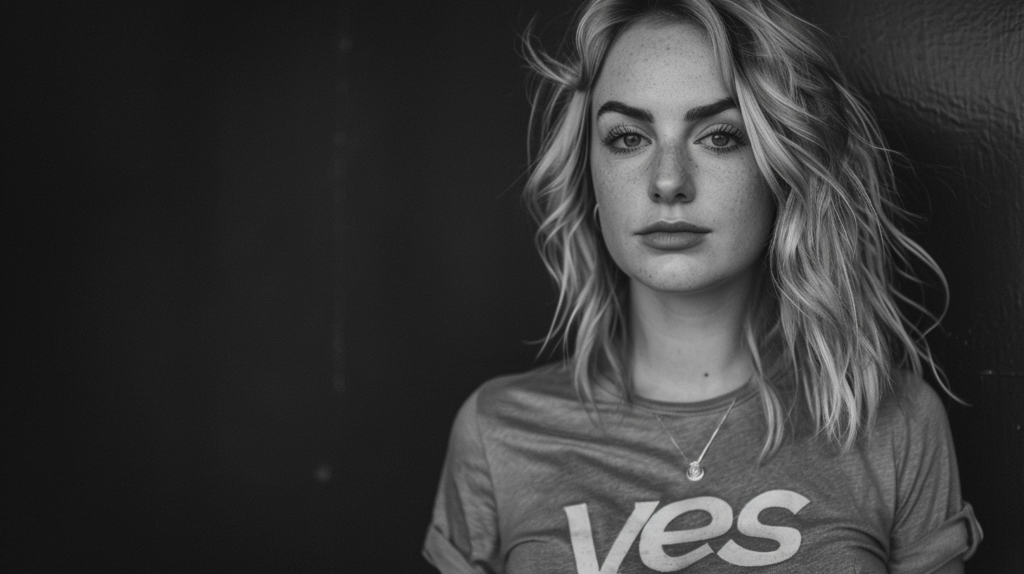Investigation into AI-generated images shows bias towards narrow beauty standards, with predominantly thin and light-skinned women depicted. Challenges in diversity representation stem from the training data’s inherent biases, prompting calls for more inclusive datasets and ethical considerations in AI development.
AI-Generated Beauty Standards Highlight Narrow Views
Date: May 31, 2024
The rise of AI-generated images has led to scrutiny over how artificial intelligence defines female beauty. The Washington Post investigated this by using three major AI image generation tools—DALL-E, MidJourney, and Stable Diffusion. These tools, when prompted to generate images of “beautiful women,” consistently produced images featuring thin women with minimal signs of aging.
The investigation revealed that 62% of DALL-E’s images portrayed women with a medium skin tone, yet only 9% had dark skin tones. MidJourneys’ results were predominantly light-skinned, with 90% fitting this description, while Stable Diffusion showed just 18% with dark skin tones. Moreover, only 2% of all images displayed women aging visibly.
When different body sizes were requested, such as with the prompt for an image of a “fat woman,” the tools struggled to move beyond slim physiques, often requiring derogatory terms to achieve any variation.
The Post also explored the depiction of women with certain ethnic features, such as wide noses or single-fold eyelids, common in people of Asian descent. All three AI tools failed to prominently reflect these features.
Generative AI faces challenges in creating diverse representations due to biases embedded in the training data, primarily sourced from Western-centric and often discriminatory image collections. Despite companies like OpenAI recognizing these biases and striving to mitigate them, technical and financial constraints hinder comprehensive solutions.
Importantly, AI tools are increasingly being used in entertainment, marketing, and social media, raising concerns about reinforcing narrow beauty standards. OpenAI, Google, Meta, and AI image firms have noted potential negative impacts on body image and representation but have yet to completely overcome these challenges.
The rapid adoption of AI in image generation, coupled with issues of representation, suggests a need for more inclusive data sets and thoughtful engineering to avoid perpetuating harmful stereotypes.

